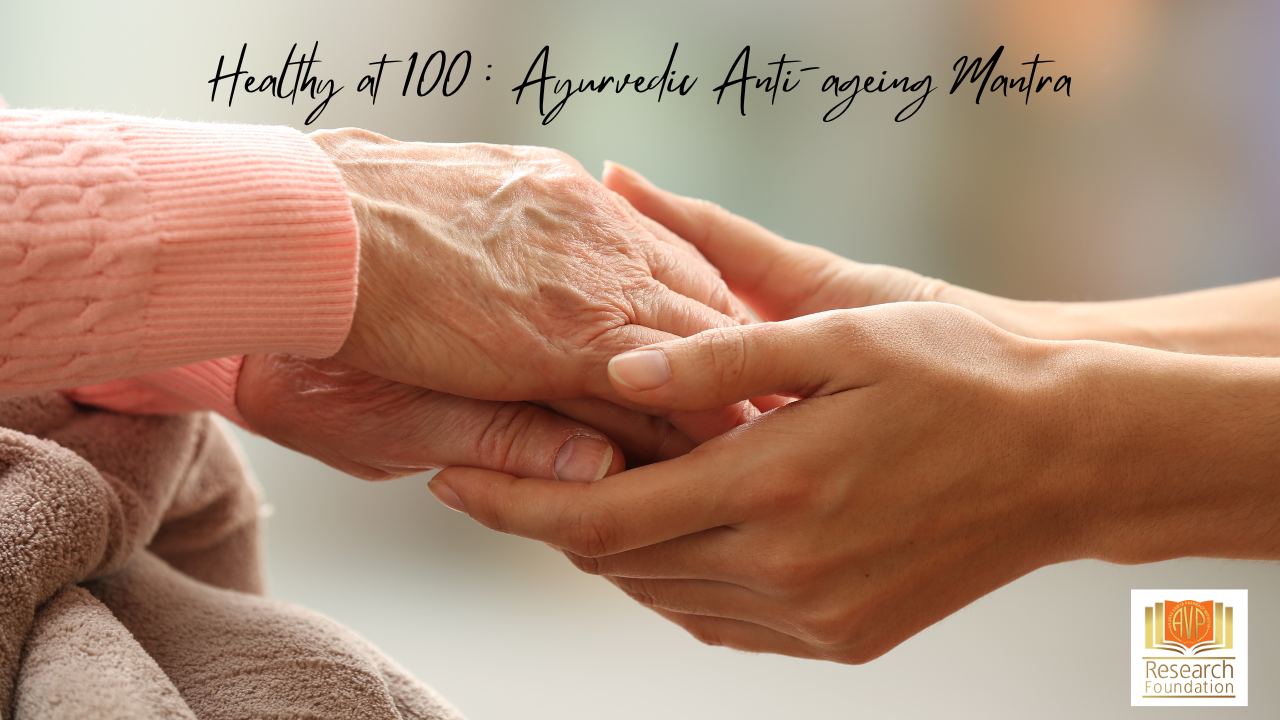Sama dosha sama agnischa sama dhatu mala kriyaaha prasanna atma indriya manaha swastha iti abhidheeyate
‘The greatest wealth is health’ as quoted by the Roman poet Virgil. But it remains to be the least cared. The Caraka Samhita, a book of the 2nd Century BCE, pronounces health as a state of physical and mental well-being, which the WHO accepts as norms for a healthy individual.
The balanced function of three doshas determines the health, the regular functional habitats determining the homeostasis of the body, psycho-physiological nature of the constitution of an individual and when vitiated can lead to diseases in the body(Vata, Pitta, and Kapha); seven dhatus, the major structural components of the body which stabilizes and sustains the body (rasa, rakta, mamsa, meda, asthi, majja, and sukra); Agni, the factors responsible for digestion and metabolism transform the compounds ingested via oral cavity to absorbable compounds and thereby facilitating the absorption of the nutrients at the gut and mala, the fundamental constituent which includes the various waste products formed during multiple stages of digestion and metabolism(Urine, feces, and sweat). The state of the regular functioning of the physical body is elucidated with the proper functioning of dosha, dhatu, and Agni and the steady elimination of mala.
Doshas
Vata is responsible for movement and cognition, Pitta regulates body temperature and metabolic activities, and Kapha regulates body fluids and keeps the body constituents stable.
Dhatus
Rasa circulates all over the body and nourishes the tissues, raktafunctions to give life to the body, mamsa provides a covering over the skeleton of the body, medas functions to balance the adequate fat moisture and oleation to the body, asthi provides the structural stability of a body, majja fills in the bones giving nourishment and strength and sukra denotes the reproductive fluids.
Agni
The Agni is influenced by the dosha and is of four types- vishama (erratic state of agni by the predominance of vata dosha), tikshna(intense, by the dominance of pitta dosha), manda(depressed state by the dominance of Kapha), and sama (balanced state of all the three doshas)
Mala
Sweda(sweat) retains the moisture of the skin, mutra(urine) eliminates the watery portion of the digested materials, and pureesa(feces) eliminates the solid portion.
Mental health
Mental well-being is being happy with the soul, mind, and senses working together to attain bliss. The qualities include the Satva, which is knowledge enhancement and enlightening of the mind; rajas, characterized by activity, initiation, action, and attachment and tamas, quality characterized by darkness and ignorance.
The disease (disorder) process occurs when the equilibrium of the systems, as mentioned above, is disrupted. Incompatible dietary combinations (e.g., milk and fish, melons and grain, yogurt and meat, or consuming cooked honey, etc. ), seasonal changes, repressed emotions, and stress factors can all work together or independently to destabilize the Vata, Pitta, and Kapha equilibrium. Vata, pitta, and Kapha are aggravated or deranged depending on the nature of the cause, affecting the Agni (gastric fire) and producing Ama (toxins). Because of the exacerbated doshas, Ama is the primary internal cause of all ailments. The key to illness prevention is to assist the body in eliminating the impurities from time to time. Ayurvedic literature advises placing the individual on a suitable diet with appropriate lifestyle, habits, and exercise and delivering a proper cleansing program such as Panchakarma to stop the development of Ama. At its highest quality, an intensive and purifying course of treatment is offered in our Panchakarma treatment center in Coimbatore. Panchakarma is the most noted detoxification process in Ayurveda. The Panchakarma treatment we provide at our Panchakarma treatment center in Coimbatore consists of five types of therapy to cleanse the body of toxins, restoring it to a state of purity and balance.
Author:
Senior Research Officer & Senior Physician
Musculoskeletal Disease Clinic

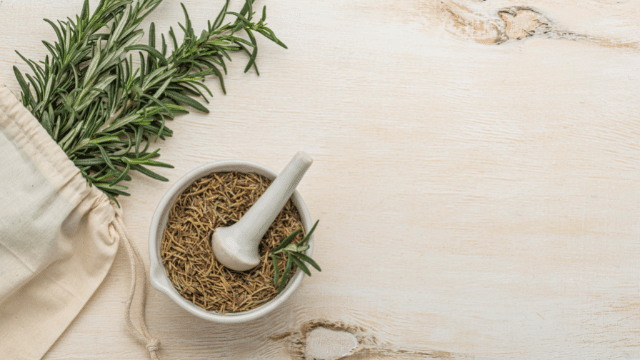
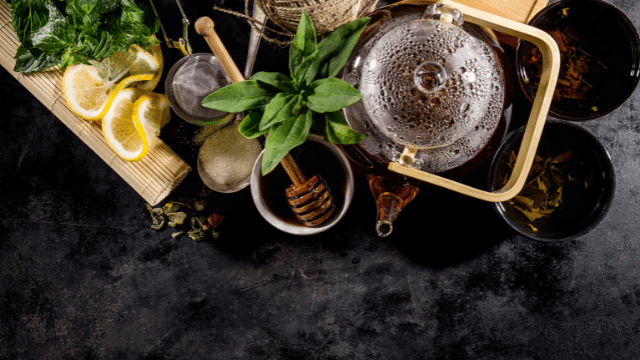
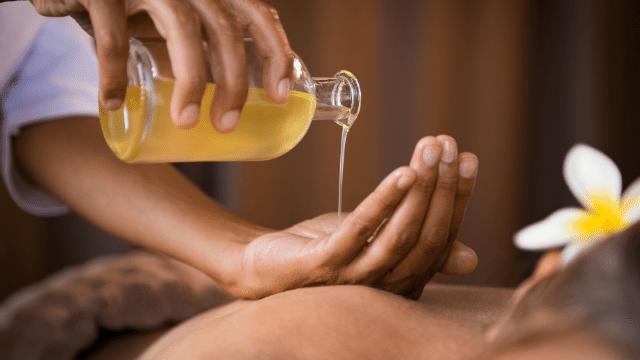






.png)
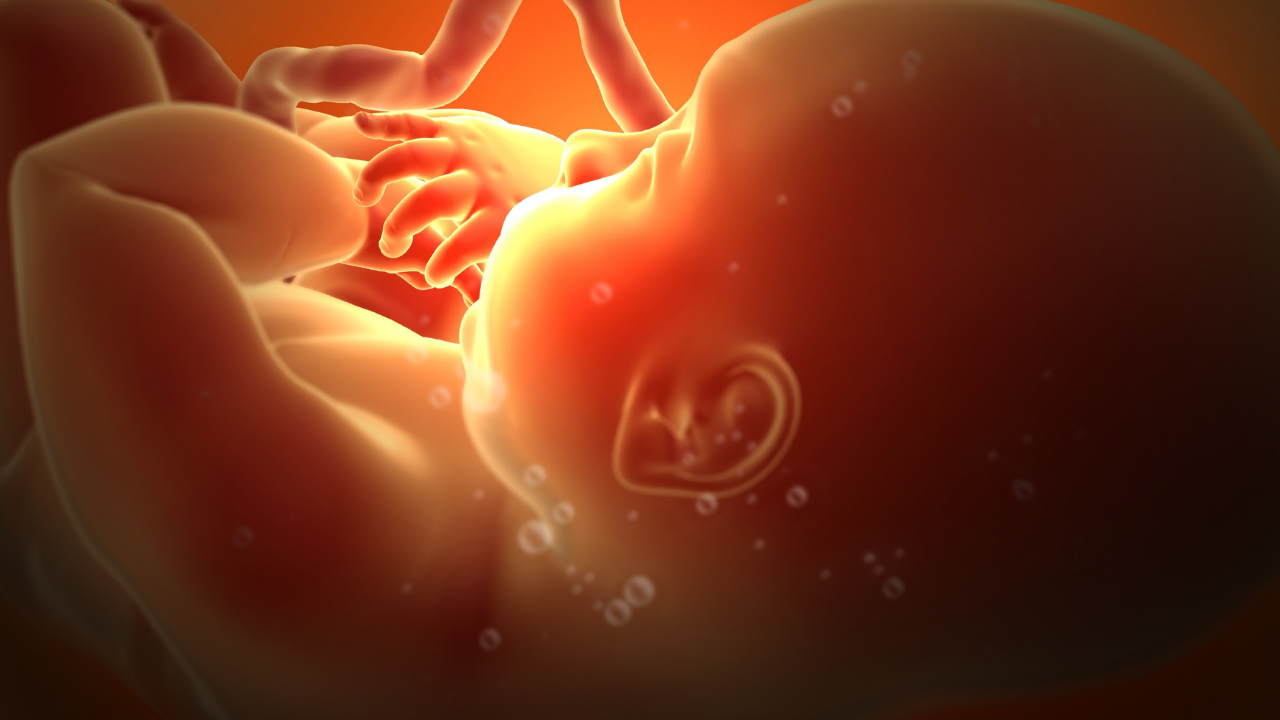

.png)
.png)
.png)
.png)
.png)
